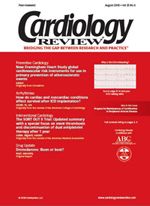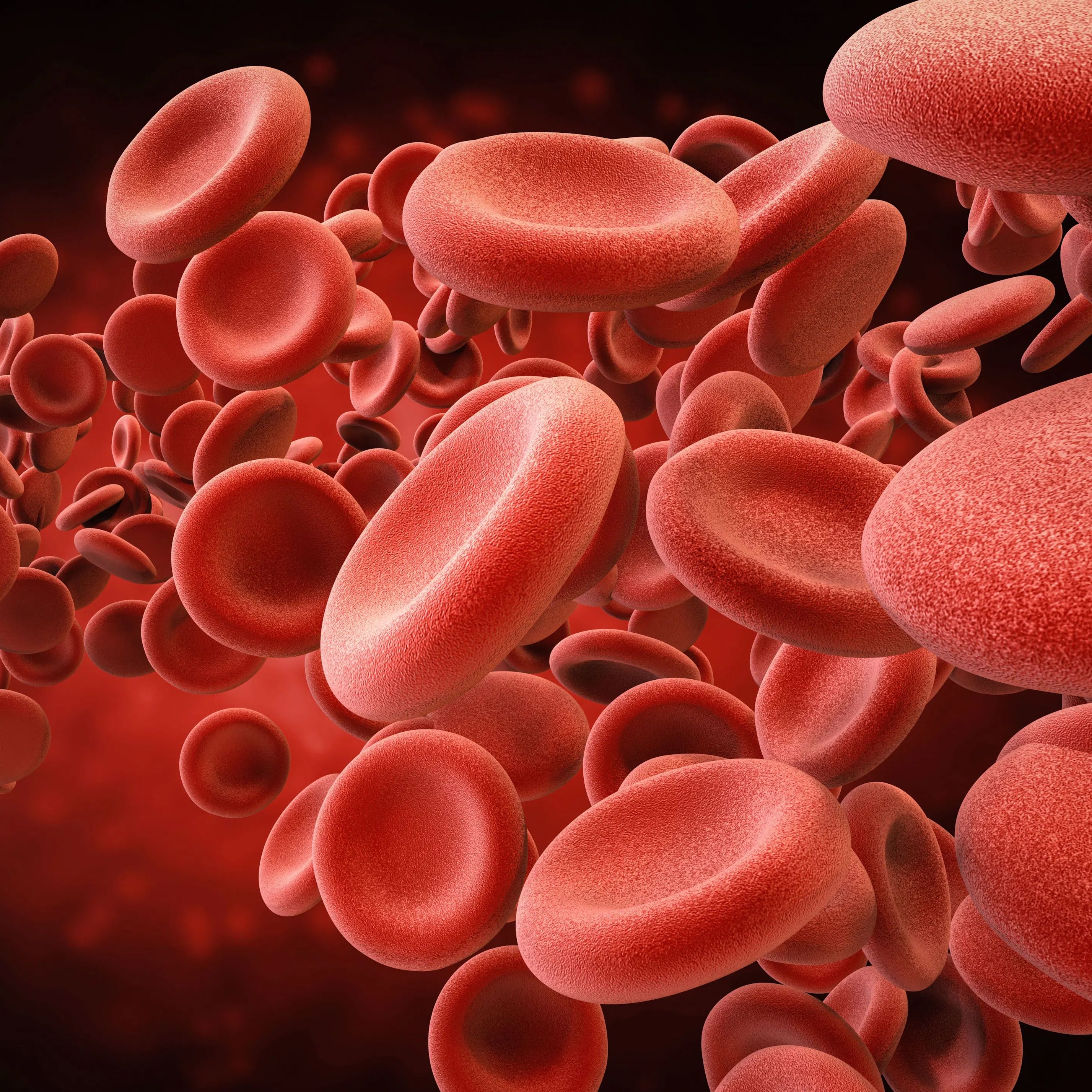Publication
Article
Cardiology Review® Online
New Product News
FDA approves combination hypertension treatment
Tekturna HCT, a single-tablet combination of aliskiren and hydrochlorothiazide (HCTZ), was approved by the FDA for treatment of hypertension on January 21, 2008.
According to a press release announcing this approval, the 2 medicines in this combination pill work together to lower blood pressure, with clinical data showing that the combination of Tekturna and HCTZ offers greater blood pressure reductions than either component alone. Tekturna HCT is approved for patients not controlled by either medicine alone but should not be used before other medications have been tried first.
With many patients requiring multiple medications to reach target blood pressure, it is felt that single-tablet combinations can reduce the number of pills required, thereby simplifying high blood pressure management.
The US approval of Tekturna HCT was based on clinical trials involving more than 2700 patients treated. The most common side effects experienced by patients taking Tekturna HCT included dizziness, flu-like symptoms, diarrhea, cough, and tiredness. Other, less common side effects include skin rash.
Tekturna HCT will be available in early February 2008.
No swallow low-dose aspirin
Improvita Health Products has announced the national release and distribution of a rapidly dissolving 81-mg aspirin tablet that is absorbed through the lining of the mouth. In a press release discussing the product, called "Fasprin," the company points out its benefits for those who want to maintain a daily prophylactic aspirin regimen, but who may have difficulty swallowing or experience gastric irritation.
The release also notes that the ability for aspirin to rapidly enter the bloodstream has far-reaching advantages for heart attack and stroke sufferers, whose best line of defense at the first sign of an attack is immediately taking aspirin. Aspirin has been proven to stop blood platelets from sticking together, which reduces the chance for blood clots to form and block arteries. Clinical trials are currently under way to compare the efficacy of Fasprin with that of enteric-coated aspirin and determine how quickly the dosage reaches the bloodstream.
Fasprin is available where aspirin is sold.
New beta blocker gains FDA approval
Nebivolol (Bystolic) was given approval by the FDA for the treatment of hypertension on December 18, 2007.
The drug, a once-daily medication comarketed by Forest Laboratories, Inc and Mylan Inc, decreases heart rate and myocardial contractility and suppresses renin activity, and, according to a press release announcing the approval, has the added pharmacologic properties of producing vasodilation and reducing total peripheral resistance.
Clinical trials with nebivolol involved more than 2000 patients, and demonstrated significant reductions in sitting diastolic and systolic blood pressures in a general hypertensive population, and a low incidence of traditional beta blocker side effects. The most common adverse events with nebivolol versus placebo (approximately 1% and greater than placebo) were headache, fatigue, dizziness, diarrhea, nausea, insomnia, chest pain, bradycardia, dyspnea, rash, and peripheral edema.
The medication can be used in combination with other hypertension treatments (although not other beta blockers) and provides an additional therapeutic option for those patients who have not been able to reduce blood pressure enough.
As with all new drugs, it remains to be seen how the drug will be accepted in real-world practice. On the plus side, according to Cardiology Review editorial board member Kathleen L. Wyne, MD, PhD, Assistant Professor, Division of Endocrinology and Metabolism, UT Southwestern Medical Center at Dallas, "the drug claims to have some endothelia benefits that the others do not have," and she takes comfort in the fact that "there is data in African-Americans, which is a group that typically does not respond well to beta blockers. Also, the incidence of erectile dysfunction was very low, which is nice." But, Dr Wyne added, "this is a tough time to be bringing out a new beta blocker, as carvedilol has just become generic."






